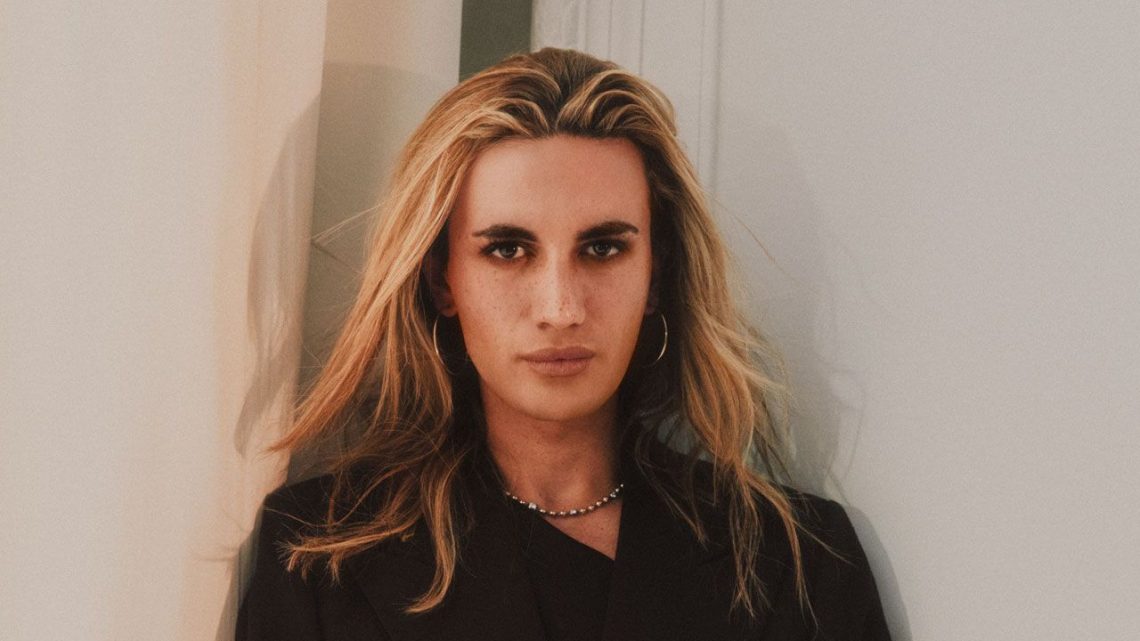
Going Blonde Changed My Life – And Disgusted My Mother
There wasn’t much left that I could do to shock my mother. Or so I thought. At the age of 30 – after a lifetime of comings out, unconventional career paths, an occasionally hedonistic lifestyle, dismantling the gender binary and a revolving door of men – my Kashmiri mother let out a scream of horror when I came through her door with blow-dried locks of long blonde hair. It was, in her eyes, the ultimate betrayal, not just of our culture but of the dark, silky curls she passed down to me.
Friends in India were similarly disappointed; some in London started to teasingly nickname me Brigitte – not as in Bardot, but as in Macron. There was a feeling of letting the side down, of bowing down to the bourgeois beauty standards that my generation has been so vocally opposed to. I guess they don’t call it a bombshell for nothing. And here I was thinking I would be having more fun.
For most of my life, it was anathema that I would have anything other than nocturnally dark hair. About 18 months ago, however, something began to shift, something that I couldn’t quite articulate and, like so many, I felt the gravitational pull towards the salon, searching for answers on a swivelling chair. Two hours later, after foils, toner, more foils and a gloss rinse at the backwash, I walked out of Hershesons on a spring afternoon not recognising myself in windows and mirrors.
Going blonde was a transformation – cosmetic, yes, but also existential. It felt liberating, like the burden of who I’ve always been lifting from my shoulders. It felt like I had decided, perhaps unknowingly, about who I could be. In hindsight, it was the first step into a transition that would eventually see me embrace a hyper-femininity I had long toyed with but mostly suppressed – or at least delayed. In my case, it was a Trojan horse, something for old friends to comment on instead of my footwear or pronouns. To strangers, my golden hair became a kind of armour, a luminous shield behind which I could mask my stubble and, for a moment, pass unnoticed.
What many failed to understand was why I had chosen blonde. Some assumed I was capitulating to whiteness, co-opting a beauty standard we’ve long critiqued. A common misconception is that brown women go blonde to belie their roots, in every sense, when in fact it is often a marked juxtaposition: amplification rather than assimilation. I feel the same way Dolly Parton did when asked how she felt about the dumb blonde stereotype: “I know I’m not dumb and I also know I’m not blonde.” I wanted to tell people, “I may not be a biological woman, I may not be a biological blonde, but I sure am biologically brown.”
Blonde is not about genetics – it never has been – which is why it elicits such a strong reaction. Case in point: critics calling out Beyoncé for appropriating blondeness throughout her career, most recently while promoting her latest album, Cowboy Carter.